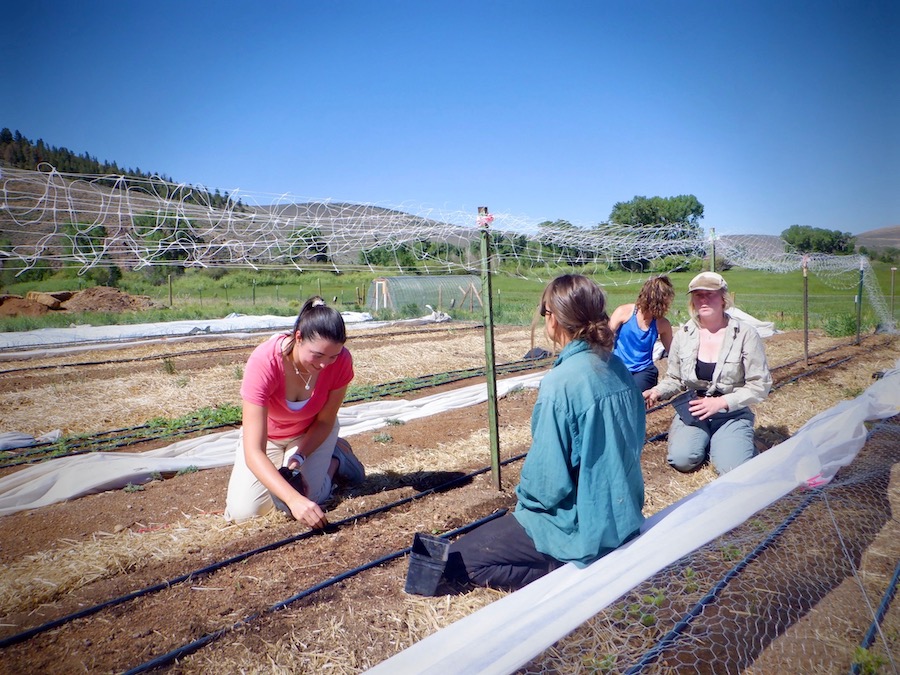
“Beware when life gets too easy,” our guide at the Ute Mountain Tribal Park told us on the hot July afternoon near Durango, Colorado. I had never thought about this before. Was my life “easy?” After a long day of hiking and pushing myself to take on challenges the Rocky Mountains threw at me, I would not consider my life “easy.” However, after reflecting, I would say my life is “easy”in many senses, and I’m sure yours is too.
Water, such a basic human necessity, is in a crisis in Colorado. With climate change melting glaciers earlier in the summer, the streams supplying water to farmers and communities are scarce. In Colorado, I learned, water rights are a critical issue; yet I simply turn on my faucet and out comes as much water as I need.
Soil, another necessity which houses microorganisms and minerals to grow healthy food, is compromised by harmful farming practices. I had zero knowledge about agriculture when I arrived in Colorado, but I learned how vital healthy soil is to create nutritious food, healthy communities, and thriving ecosystems. Yet, for the twenty years I have been alive, I simply walk into the grocery store and pick out the fruits and vegetables that look appetizing, completely ignorant about how the crops are grown, how they arrive on the store’s shelves, and all of the steps in between.
“Even more than that, what I gained is a connection to the Earth and an awareness of its indispensable, yet finite resources.”
– Phoebe Brinker, Duke Women’s Golf
We learned of a solution called “regenerative agriculture,” which focuses on restoring soil heath by utilizing no-till farming methods, planting cover crops, diversifying crops, and incorporating livestock on a rotation to fertilize farms. Many farmers do not choose these solutions because they are a massive switch from conventional agriculture practices. However, learning about this solution gave me hope for the planet because we have the tools to regenerate the deficient dirt that humans have created from unsustainable farming practices. With this knowledge I gained from Coldharbour Institute, a partner organization located in Gunnison, Colorado, I realize that farmers just need to make the hard choice for the health of our communities and ecosystems.
Learning about the environmental challenges Coloradans face, as well as the possible solutions, changed my perspective. Despite being in the same country as Duke and my Northeastern hometown, Colorado’s ecosystems face immense environmental pressures unique to the climate like wildfires and drought. Seeing the environment firsthand, hearing people’s stories, and learning from experts allowed me to have empathy for Coloradans’ reality. I began to take the recommended steps like taking shorter showers and turning the faucet off when I’m brushing my teeth.
Even more than that, what I gained is a connection to the Earth and an awareness of its indispensable, yet finite resources. I had never considered the source of the kitchen faucet, or the processes by which the strawberries from the store were grown, because the resources were always there. Now, I will do my best to not take the easy way out, and instead make the hard choices each day to protect our planet.
